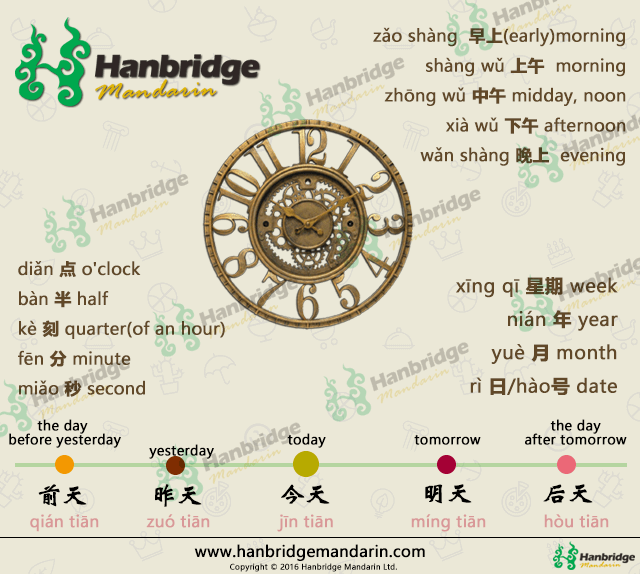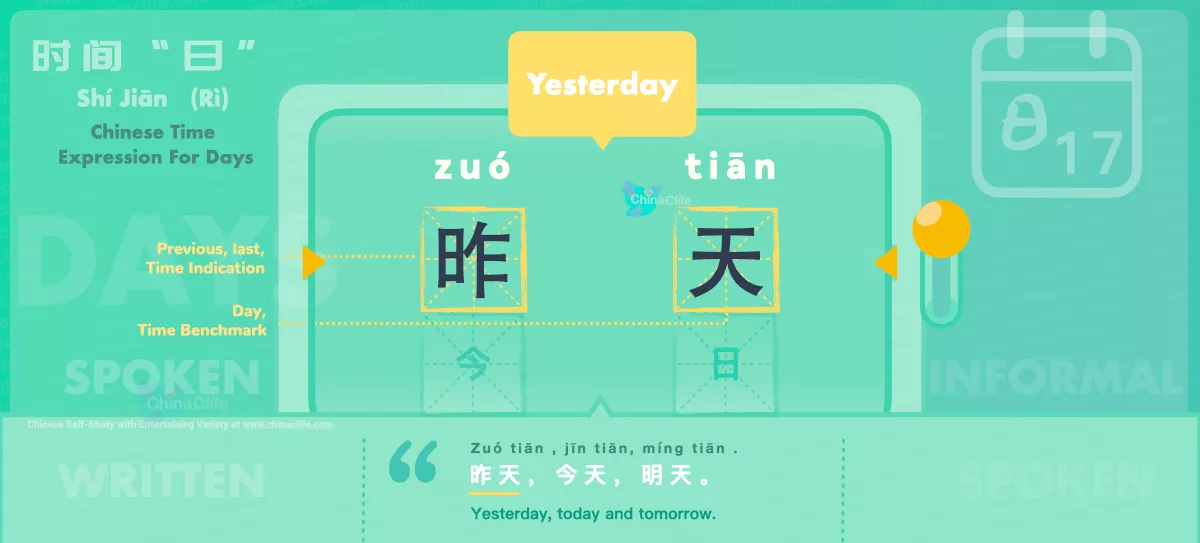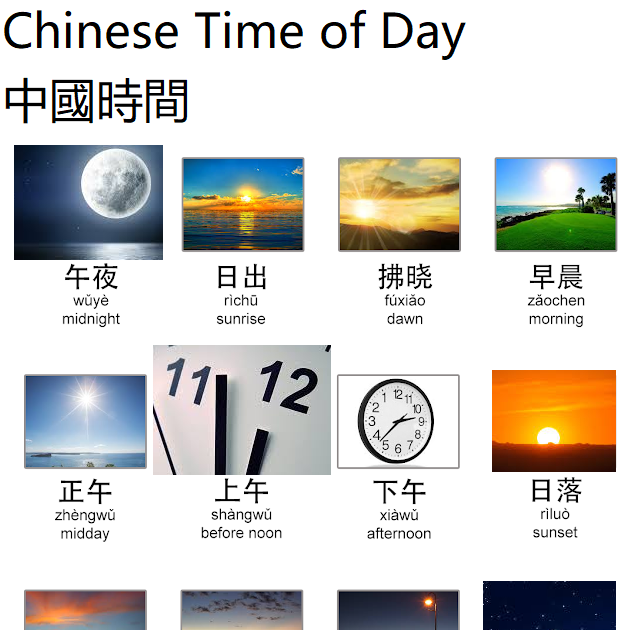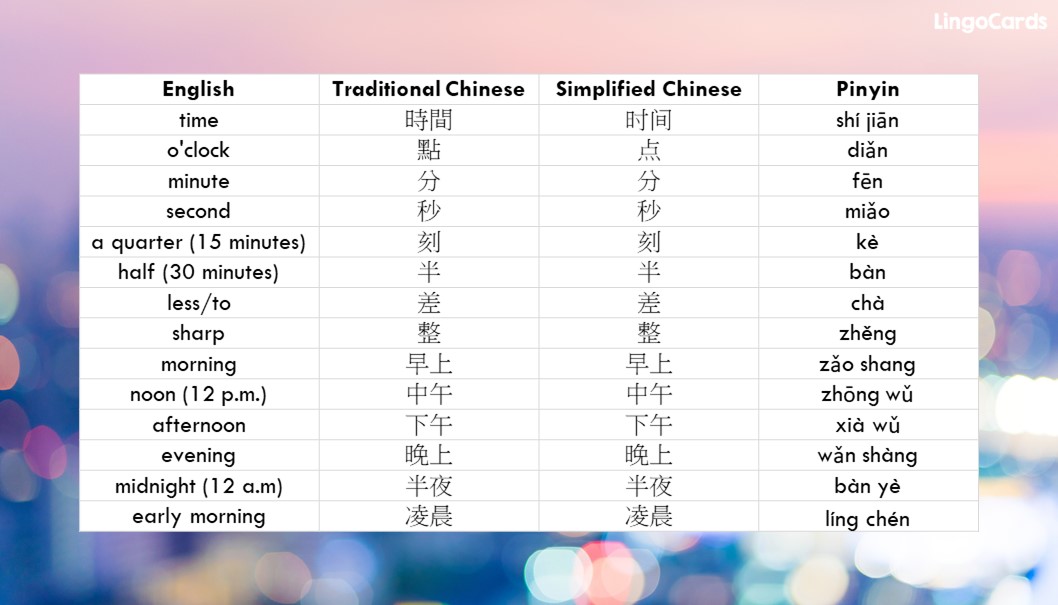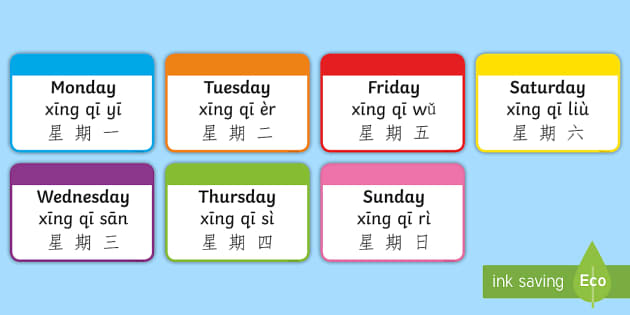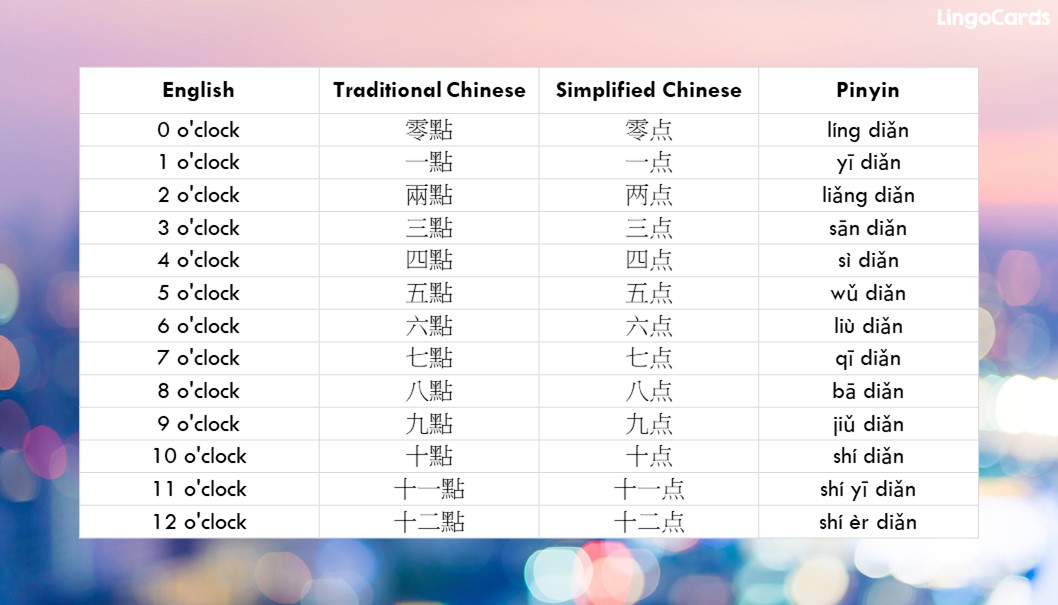How Was Your Day In Chinese

The simple act of asking "How was your day?" seems innocuous enough, a universal gesture of care and connection. But in the complex landscape of Chinese language and culture, even this seemingly straightforward question unfolds with nuances that reflect social hierarchy, regional dialects, and evolving cultural norms. Misinterpreting or misusing the appropriate phrase can lead to awkwardness or even unintended offense, highlighting the importance of understanding the underlying cultural context.
The nuances surrounding the simple greeting "How was your day?" in Chinese culture go beyond mere translation. The specific phrase used, the context in which it's delivered, and the relationship between the speakers all contribute to the meaning and impact of this seemingly simple question. This article will explore the common ways to ask "How was your day?" in Chinese, examining the cultural and linguistic considerations that shape their usage and interpretation.
Common Phrases and Their Nuances
Several phrases can be used to ask "How was your day?" in Chinese, each with its own specific connotation and level of formality. The most common are "今天怎么样?" (Jīntiān zěnme yàng?), "今天过得怎么样?" (Jīntiān guò de zěnme yàng?) and "今天好吗?" (Jīntiān hǎo ma?)
"今天怎么样?" (Jīntiān zěnme yàng?) translates directly to "How was today?" It's a versatile and relatively informal option suitable for friends, family, and close colleagues. The implied subject is the day itself, focusing on the overall experience.
"今天过得怎么样?" (Jīntiān guò de zěnme yàng?) is a slightly more elaborate version, translating to "How did you spend your day?" This phrasing focuses more directly on the person's activities and experiences throughout the day.
"今天好吗?" (Jīntiān hǎo ma?) literally means "Is today good?" While seemingly simple, its usage is less common when directly inquiring about someone's day in the same way as the other two. It's often used as a general greeting or a quick check-in.
Regional Variations
Mandarin Chinese is the official language of China, but numerous dialects and regional variations exist. The specific phrase used and its interpretation can vary depending on the region.
In some regions, particularly in southern China, Cantonese phrases like "今日點呀?" (Gam jat dim aa?) are more common. Direct translation might not capture the exact nuances, as it's a localized greeting with specific cultural implications.
Understanding these regional variations is crucial for effective communication and avoiding misunderstandings. The safest approach is to use Mandarin phrases in formal settings or when unsure of the regional dialect.
Cultural Considerations
Beyond the literal translation, cultural norms play a significant role in how the question "How was your day?" is asked and answered in Chinese culture. Modesty and indirectness are often valued, influencing both the question and the response.
Openly boasting about achievements or complaining excessively about difficulties may be seen as inappropriate. A more measured and balanced response is generally preferred.
The relationship between the speakers also dictates the level of formality and the expected response. With close friends and family, a more casual and personal exchange is common.
However, in more formal settings, such as with superiors or clients, a more reserved and polite approach is necessary. A simple "还好 (Hái hǎo)" meaning "It was okay" or "不错 (Búcuò)" meaning "Not bad" might be a suitable response, even if the day was exceptionally good or bad.
The Importance of Context
The context in which the question is asked is crucial for its interpretation. Asking "How was your day?" after a challenging event, such as a difficult meeting or a stressful project deadline, requires a different approach than asking it casually at the end of a regular workday.
In such situations, it's important to demonstrate empathy and understanding. A more specific question, such as "今天会议怎么样?(Jīntiān huìyì zěnme yàng?)" – "How was the meeting today?" – may be more appropriate.
This shows genuine concern and allows the person to share their experience without feeling pressured to offer a positive or superficial response.
Responding to the Question
The way someone responds to "How was your day?" also reflects cultural norms and the relationship between the speakers. Directness is often avoided, and a more subtle approach is preferred.
Even if the day was challenging, a person might initially downplay the difficulties. It's common to start with a general statement like "还行 (Hái xíng)" meaning "It was alright" before elaborating on any specific challenges.
Conversely, boasting about successes is generally discouraged. A more modest response, such as "还不错 (Hái búcuò)" meaning "It wasn't bad," might be used even if the day was exceptionally successful.
The specific response will also depend on the listener's relationship with the speaker. Close friends and family members are more likely to receive a more honest and detailed account of the day's events.
Evolving Cultural Norms
Chinese society is constantly evolving, and cultural norms are shifting over time. Increased exposure to Western culture and globalization are influencing communication styles, leading to a more direct and expressive approach in some contexts.
Younger generations are often more comfortable expressing their emotions and sharing their experiences openly. However, traditional values of modesty and respect for hierarchy still hold significant sway.
Navigating these evolving cultural norms requires sensitivity and awareness. Observing how others communicate in different situations and adapting accordingly is key to building strong relationships and avoiding misunderstandings.
Conclusion
Asking "How was your day?" in Chinese is more than just a linguistic exercise. It's a reflection of cultural values, social hierarchies, and evolving communication styles. Understanding the nuances of the language and the underlying cultural context is essential for effective and respectful communication.
By considering the specific phrase used, the regional dialect, and the relationship between the speakers, individuals can navigate the complexities of Chinese communication and build stronger connections. The future of intercultural communication hinges on such nuanced understandings.
As China continues to interact with the world, it's likely that communication styles will continue to evolve. Staying informed and adapting to these changes will be crucial for fostering meaningful relationships and bridging cultural divides, even within a simple greeting.




